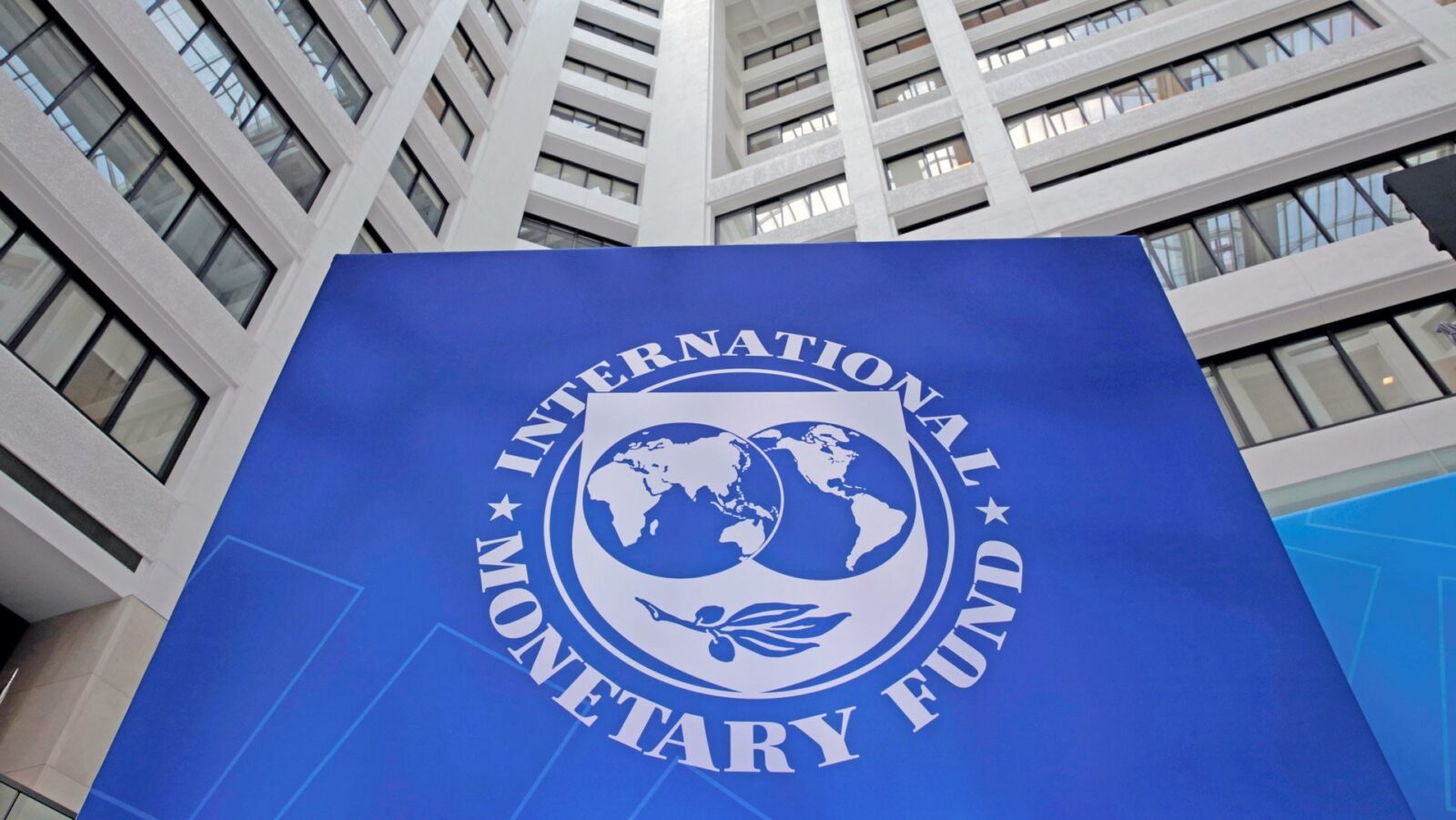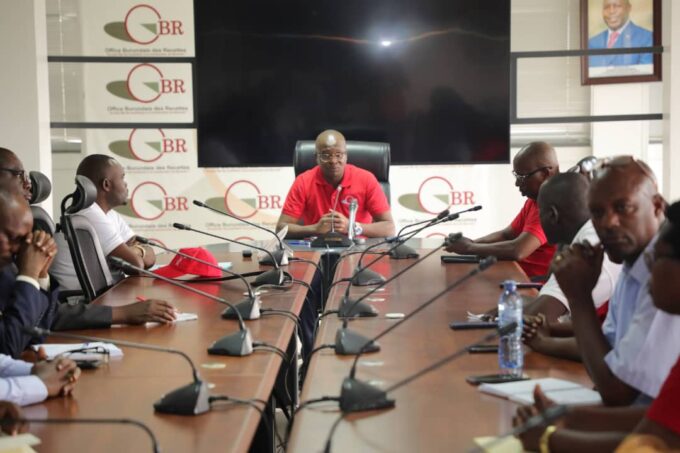The International Monetary Fund (IMF) has issued a stark assessment of the country’s economic situation following a two-week mission to Burundi, warning that persistent inflation, foreign exchange shortages, and slowing reform momentum threaten to derail growth and worsen poverty levels unless urgent corrective measures are taken.
The IMF team, led by Alexandre Chailloux, visited Burundi from March 17 to 28 for the 2025 Article IV consultation. In its end-of-mission statement released Tuesday, the Fund emphasized the need for “urgent action” to curb inflation, unify exchange rates, and modernize fiscal and monetary frameworks to safeguard macroeconomic stability and stimulate inclusive growth in the country.
According to the IMF, Burundi’s economy expanded by 3.5 percent in 2024, a modest increase from 3.3 percent in 2023. However, this growth remains fragile. Inflation surged to an average of 39 percent in the first two months of 2025, driven by unchecked monetary financing and supply constraints, a trend the Fund warned could persist until 2027 without bold policy changes.
“Controlling inflation should be the authorities’ utmost priority,” the IMF said. “High inflation is eroding purchasing power, especially among the poor, and distorting the broader economy.”
The Fund also flagged the widening gap between official and parallel exchange rates, dwindling foreign currency reserves, and repeated fuel shortages as symptoms of deeper structural weaknesses.
At the heart of the economic storm lies a foreign currency crisis that government officials openly acknowledge but appear divided on how to address.
Speaking to business leaders in late March, President Evariste Ndayishimiye voiced frustration, blaming internal sabotage for the worsening currency crisis. “You say there’s no foreign currency in Burundi, and that the country is completely dry,” he said. “But there are people whose job is to ensure that not a single dollar enters the national reserves… They wear no uniforms, but they are Burundians right here among us.”
President Ndayishimiye expressed deep skepticism over IMF recommendations to unify exchange rates, warning that legalizing the black market rate would spell disaster: “If we set it[the rate] at 4,000 [Burundian francs], tomorrow it’ll be 8,000 on the black market. And if it reaches 8,000, soon it’ll be 16,000.”
The IMF has recommended unifying Burundi’s dual exchange rate system to eliminate distortions that hinder exports, foreign direct investment, and donor aid. The Fund noted that smuggling, under-invoicing of exports, and widespread informality have surged due to the wide divergence between official and parallel market rates.
Despite these challenges, government spokesperson Jérôme Niyonzima expressed optimism about the country’s future, especially in the mining sector.
“Very soon, fellow Burundians, we will begin exporting containers of minerals… Dollars will flow in, and fuel will become available,” Niyonzima said at a recent press conference held by spokespersons for public institutions in Rumonge southern province.
“I’m not saying exports will begin next week… But hope is there.”
The IMF acknowledged government efforts to revamp mining, restructure underperforming contracts, and digitize tax administration, but cautioned that deeper reforms are needed. A review of tax policy is also essential, the report said, noting that the current framework disproportionately burdens the poor and narrow formal sector.
The Fund called on the Central Bank (BRB) to raise policy rates above the current 12 percent, end fiscal dominance, and modernize its inflation-targeting framework. It also encouraged a robust asset quality review of banks and improved monitoring of their exposure to public debt.
Public debt, currently at 52 percent of GDP, remains “sustainable” according to the IMF — but only under the assumption that reforms proceed as planned. The Fund warned that declining real revenues and reliance on domestic borrowing could heighten fiscal risks if not addressed promptly.
Looking ahead, the IMF stressed that reviving momentum around 2022–2023 reforms, liberalizing the FX market, and restoring donor confidence will be key to reversing the current trajectory.
“Burundi holds significant economic potential,” the Fund concluded, “but unlocking it requires resolute implementation of reforms to stabilize the economy, boost resilience, and deliver meaningful development gains.”
The final report will be submitted to the IMF Executive Board in the future for further review and decision-making.





Leave a comment